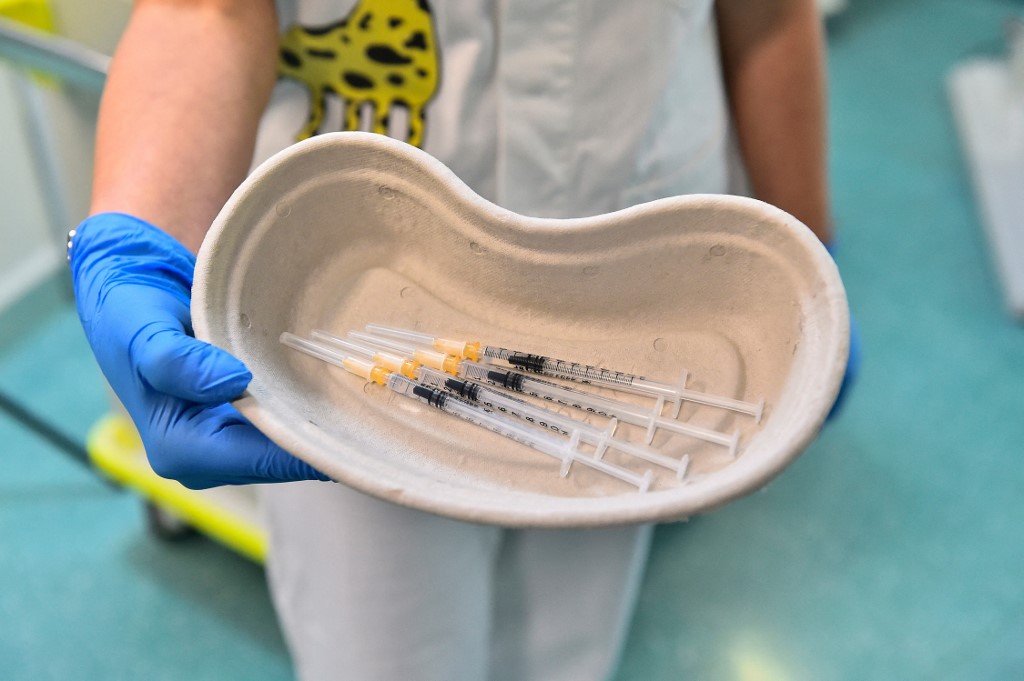The investigation came after Veneto and four other regions in northern Italy said they planned to procure vaccines outside of EU channels amid frustration over delayed deliveries.
Luca Zaia, Veneto's regional governor from the right-wing League party, said unnamed intermediaries offered to sell him vaccines – including the Pfizer, Russian and Chinese ones.
On Friday, Zaia said his healthcare chief dealing with the offers, Dr Luciano Flor, was questioned by the carabinieri's health care squad, AP reported.
The squad reportedly said it was searching Veneto's regional government offices “to look into the presumed providers of vaccines outside agreements with central authorities.”
Under Italy's national vaccination plan, its vaccines are obtained via EU procurement schemes. Regional authorities are not involved in the process, and vaccinations cannot be carried out by private clinics.
READ ALSO: Italian police investigate eight for profiting from government PPE contracts.
However, in recent days, the administrations of five of the wealthiest Italian regions (Veneto, Piedmont, Lombardy, Friuli Venezia Giulia and Emilia Romagna), announced plans to purchase more vaccines for their populations.
Zaia said on Monday that he was waiting for Italy's central government to authorise the bid for Veneto to buy up to 27 million vaccine doses from unnamed producers.
Police are also investigating a Sicilian man who claimed to be a representative of pharmaceutical company AstraZeneca and had offered to sell vaccines to the Umbrian authorities, according to AP.
In response, AstraZeneca's Italy unit said if “someone is offering vaccines via the private sector, they're probably counterfeit vaccines and should be reported to the competent authorities.”



 Please whitelist us to continue reading.
Please whitelist us to continue reading.
Member comments